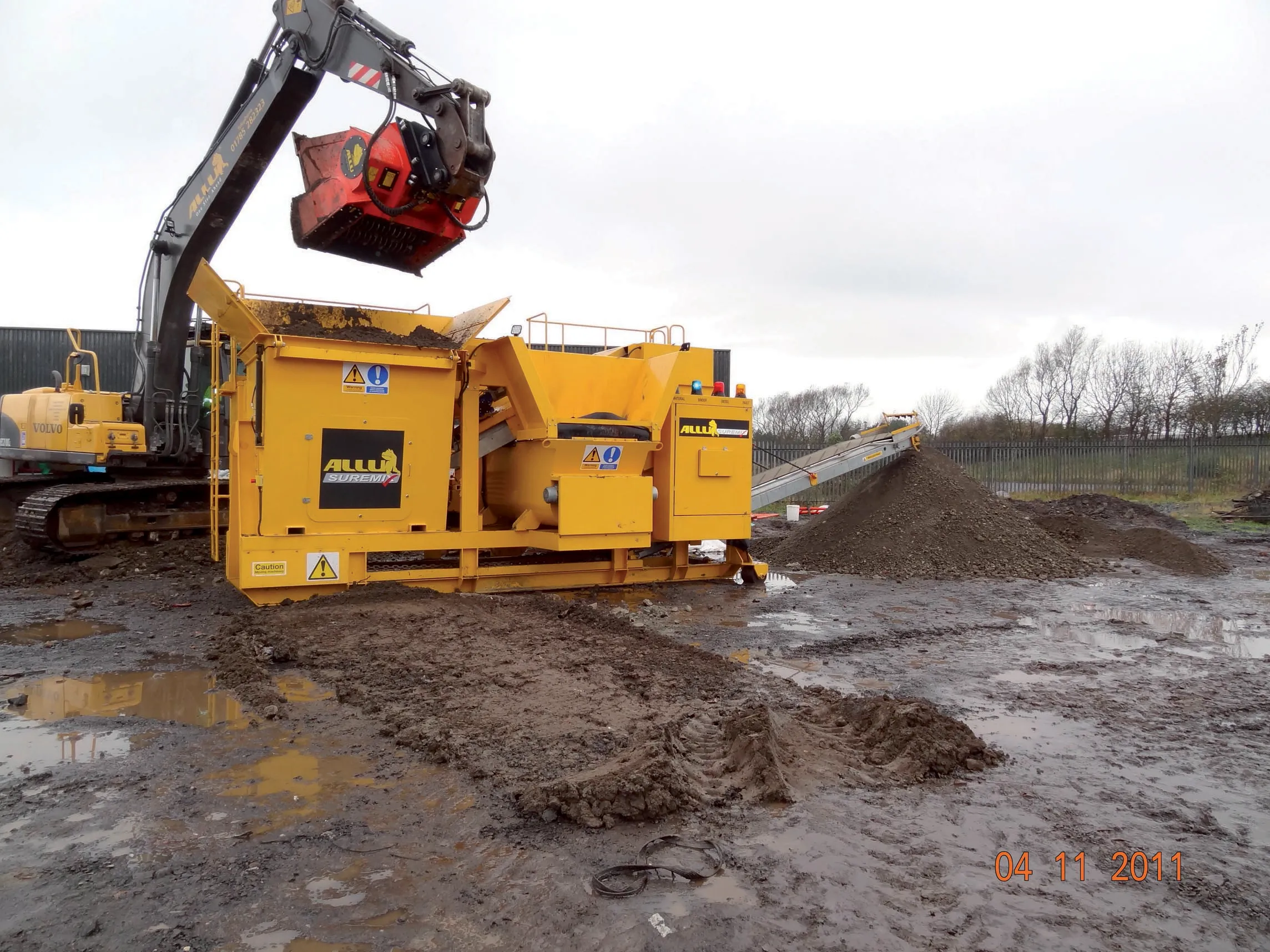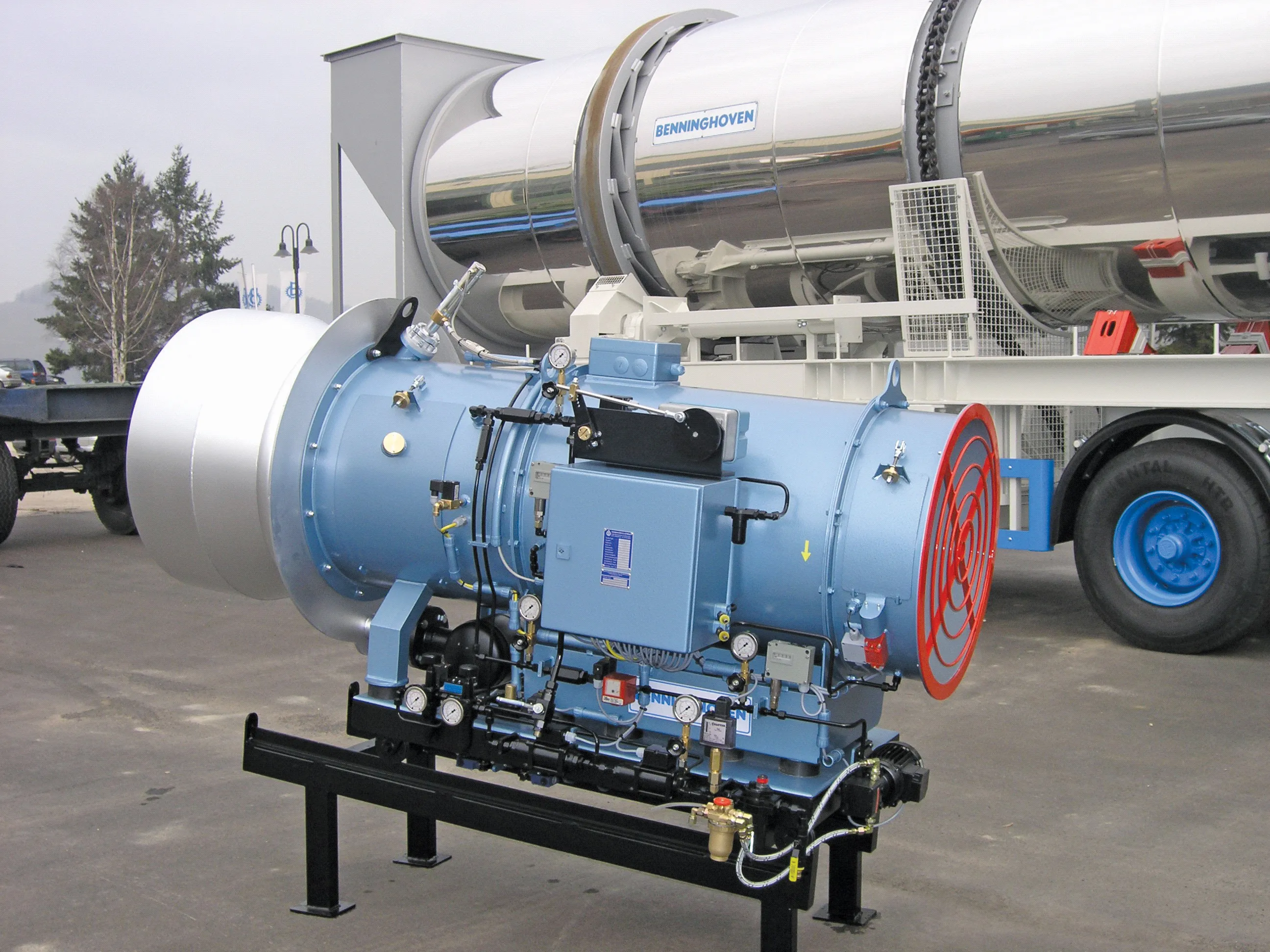
The use of specialist equipment to produce hydraulically bound mixtures can save 30-40% on the cost of landfill and backfill it is claimed
The transportation and removal of old material from certain highway projects has long been a problem for contractors.But David MacLynn believes that the answer, in many instances, could lie in the use of hydraulically bound mixtures (HBM), which he says can save between 30-40% on the cost of landfill and backfill.
David MacLynn,
“It has tremendous potential, particularly for utility contactors here, and there are substantial saving to be made as it eradicates landfill, transportation and other associated costs. HBMs are tried and tested.”
He points to other benefits, saying HBMs gain strength and stiffness and can be designed to suit a range of applications, including a reduced number of compaction passes and to eliminate settlement.
His company’s SureMix SM50, which is now being sold globally, took three years to develop and was designed and engineered by Welsh company Clayton Wheatway Solutions. It is earning its keep on major utility projects such as the East West Interconnector, County Flintshire, North Wales, which links Welsh and Irish electricity systems via a 260km long cable that comes ashore at Barkby Beach, Prestatyn. From here 30km of cable is being laid underground to a convertor station at Shotton.
Trench arisings removed from the excavation were sent to Welch Civils’ recycling centre close to the work location, and they were processed using the SureMix SM50 mixer and mixed with a proprietary binder to create a HBM suitable for trench reinstatement.
The HBM containing recycled trench arisings was used to reinstate the trench up to and including sub-base as part of a trial on a Type 2 road.
About 48,000tonnes of material was excavated from the highway and by utilising the material for HBM allowed the diversion of around 30,000tonnes of material from landfill.
Excavated material was transported to the recycling facility, and where possible, the vehicle returned to site loaded with reinstatement material to minimise empty truck movements, which are generally unavoidable when transporting material to landfill and collecting primary material from a different location.
The 63% reduction in truck movements to landfill yielded a cost saving of £20,000 (nearly US$32,000) and 47,000kg of CO2.
The HBM was mixed in a quality controlled manner utilising an innovative batching system. The self-contained mixing plant recorded the quantities of the components facilitating an audit trail and an efficient use of binder.
The 10tonne ALLU SureMix SM50 is a fully-automatic, purpose-built machine that uses a proprietary binder, and is readily transportable using a suitable hook lift truck.
Its weighing system delivers a very accurate product allowing laboratory designed mixes to be produced with a minimum of binder.
A generic Quality Protocol has been developed for the ALLU SureMix SM50 that is intended for customisation to suit individual operators of the machine and this defines what is required to allow production of HBM to the Series 800 specification.
Who's who...
East West Interconnector
Client: EirGrid
Local Authority: Flintshire County Council
Designer: ABB
Contractor: VolkerInfra Systems
Subcontractor: Welch Civils
HBM mixing plant manufacturer: Clayton Wheatway SolutionsMacLynn says that the SureMix SM50 pug-mill mixer provides a forced action mix compliant with Specification for Highway Works Series 800, and assures a thorough and even mix, essential when operating with low percentage weights of the binder. The binder storage hopper allows 1tonne bags to be loaded while working at ground level, and the ALLU SureMix SM50 can store sufficient binder for two hours operation (depending on the percentage dose).
“Both the contractor and his client also benefit as they could then demonstrate they are using recycled material, not generating waste. They get a better quality product for less, and meet their environmental responsibilities and targets. It’s a win-win situation.”







